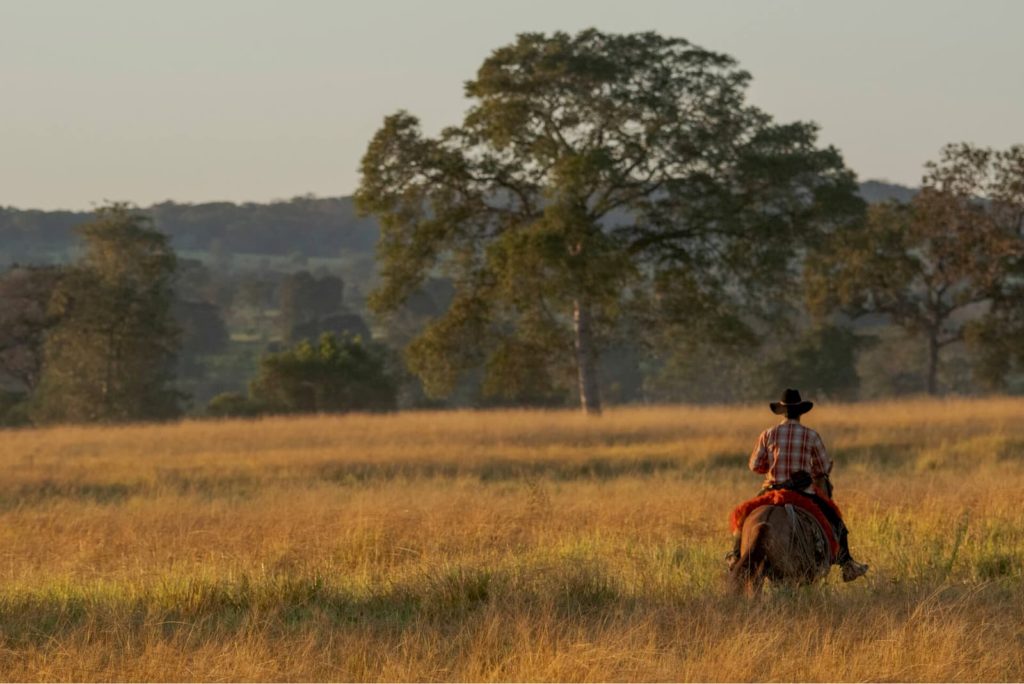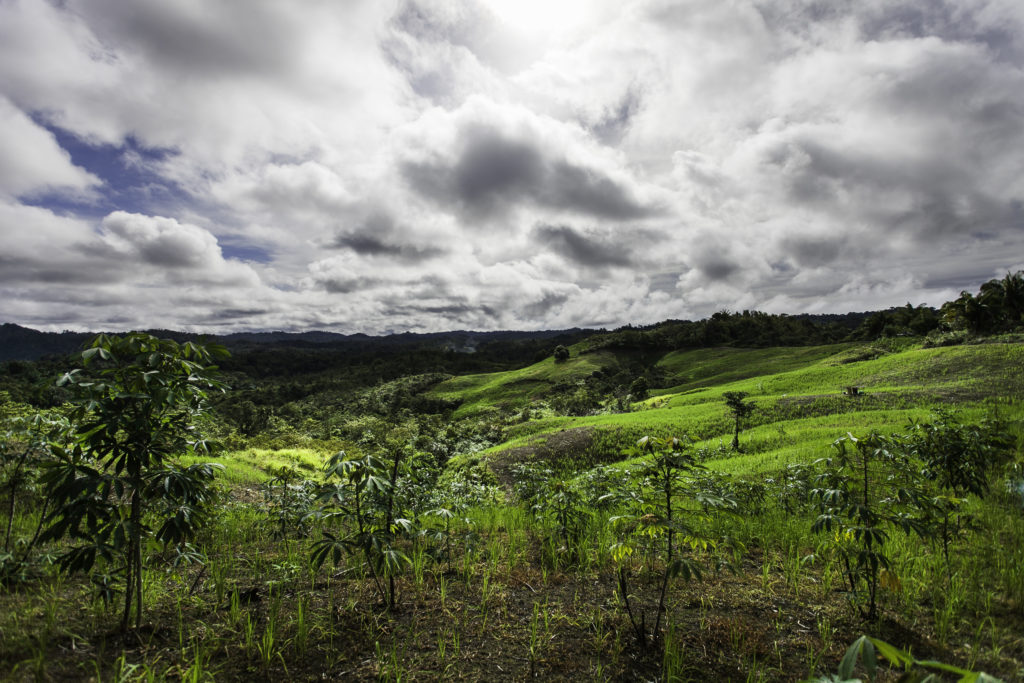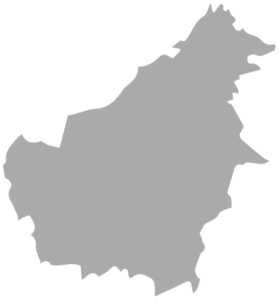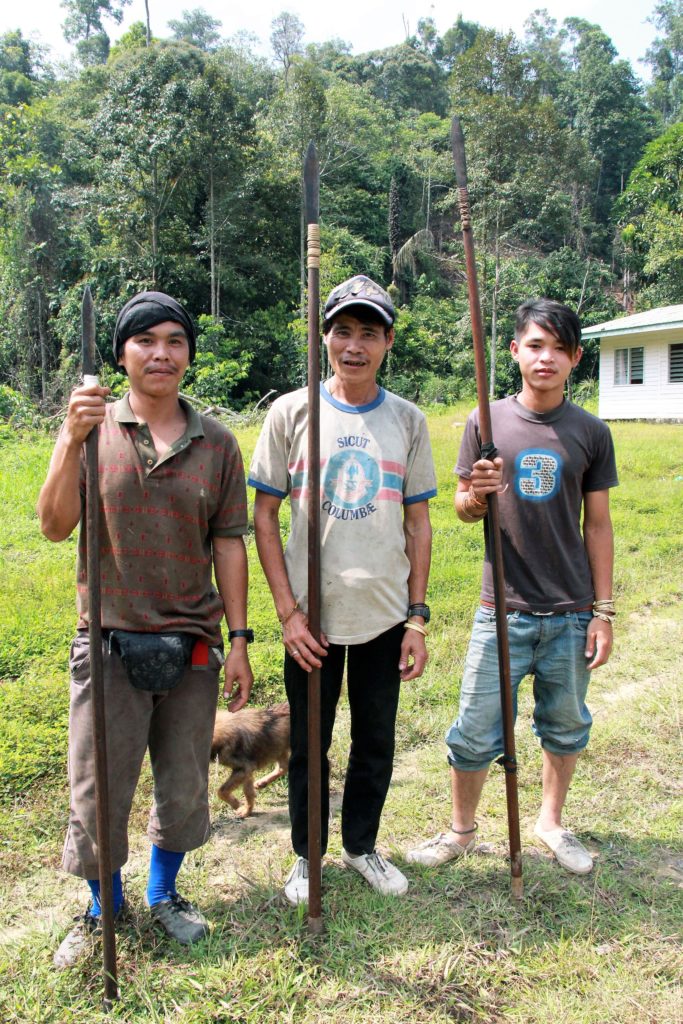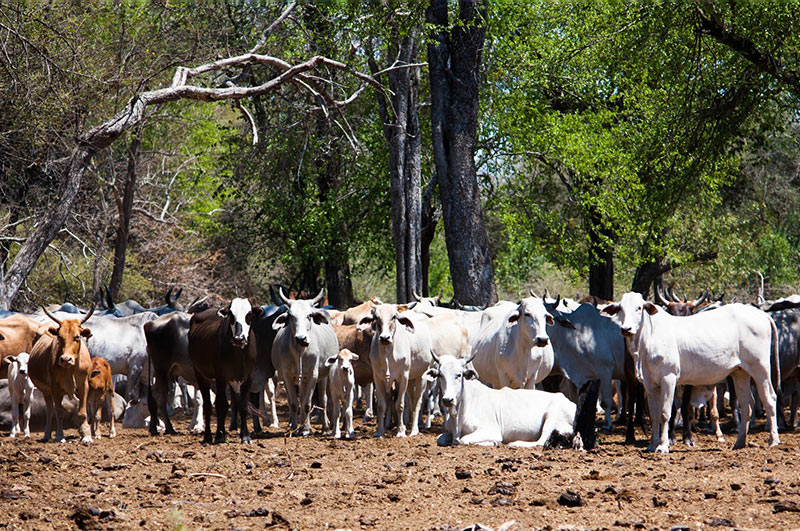The Heart of Borneo (HoB) corridor is a 22-million hectare landscape of forests that are home to a diverse group of wildlife species such as Orang Utan, Clouded Leopard, Pygmy Elephant and Sumatran Rhino. The corridor aims to create an ecological link between protected areas in Brunei Darussalam, Malaysia and Indonesia. The HoB corridor is one of WWF’s global priority conservation areas, and an important socio-economic development area for local and indigenous people.
The Green Economy in the HoB project will be developed within a two-million hectare site, spanning from Northwest Kalimantan to central Sarawak. The project is funded under the International Climate Initiative, by the German Federal Ministry for the Environment, Nature Conservation, Building and Nuclear Safety.
The project aims to pilot the development of a green economy land use and management plan, which promotes environmentally-friendly economic growth within the HoB Corridor.
